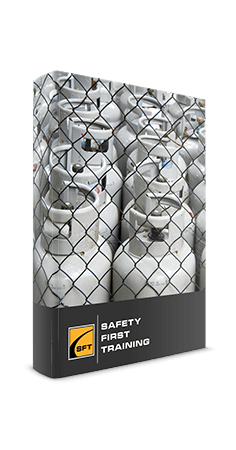PROPANE CYLINDER HANDLING & EXCHANGE TRAINING
This online program teaches the safe handling of both liquid and vapour withdrawal cylinders using a detailed outline of safe and proper use, storage, exchanging, along with inspection of cylinders and how to handle emergency situations. This course provides a complete overview of the cylinder components and how propane is created to ensure a thorough understanding of the way the chemical works. The program details legal requirements for propane competency, proper emergency and first aid response. Upon successful completion of this course, the participant will receive a certificate of completion consistent with the Canadian Standards Authority’s Regulation B149.2-10 for propane handling and exchange.
Buy NowDuration
2 hours (approx.)
Assessment
Reviews and knowledge testing are conducted throughout this propane cylinder handling & exchange online training program. Questions are designed to reinforce the information that was presented and must be completed by each participant to move through the
Completion
Participants who successfully pass the course will be directed to print out their certificate of completion.
Propane Cylinder Handling & Exchange Training - Online Safety Certification
COURSE OUTLINE
Safe propane cylinder handling & exchange training procedures
Propane chemistry
Vapour and liquid withdrawal systems
Personal Protective Equipment
Inspection of cylinders
Transporting cylinders
Storage of cylinders
Emergency situations
First Aid response
Legal requirements and penalties
CERTIFICATION VALIDATION
This Propane Cylinder Handling & Exchange training certificate is valid for 3 years from the date of course completion.
GENERAL INFORMATION
What does propane smell like?
Propane has a strong, unpleasant smell like rotten eggs, a skunk’s spray, or a dead animal. Propane manufacturers add the smell deliberately to help alert customers to propane leaks, which can create a safety hazard.
What to do if you smell gas or propane?
NO FLAMES OR SPARKS – Immediately put out all smoking materials and other open flames. Do not operate lights, appliances, telephones, or cell phones. Flames or sparks from these sources can trigger an explosion or a fire.
LEAVE THE AREA IMMEDIATELY – Get everyone out of the building or area where you suspect gas is leaking.
SHUT OFF THE GAS – Turn off the main gas supply valve on your propane tank, if it is safe to do so.
REPORT THE LEAK – From a nearby building away from the gas leak, call your call 911 or your local fire department immediately.
DO NOT RETURN TO THE BUILDING/AREA – until proper authorities determine that it is safe to do so.
GET YOUR SYSTEM CHECKED – Before you attempt to use any of your gas or propane powered equipment, a qualified service technician must check your entire system to ensure that it is leak-free.
For more information about propane, please see the Canadian Propane Association website.
If you need propane torch or propane heater safety training, please see our main propane training page for more information.


